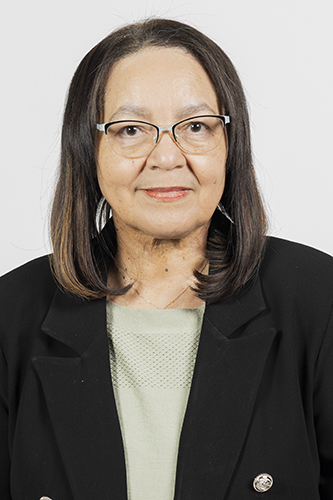
Professor Nico Steytler from the University of the Western Cape spoke about the role of the National Council of Provinces (NCOP) in cooperative governance and intergovernmental relations. He emphasised that in a cooperative system of governance, the NCOP presents and asserts provincial interests in Parliament.
“Interdependent and interrelated spheres of government have a duty to cooperate in mutual trust and good faith by fostering good relations,” said Professor Steytler. He further revealed that the NCOP has the power to set aside national and provincial government decisions regarding section 100 and 139 interventions.
The professor went on to say that the NCOP’s powers differ from those of the National Assembly, as it cannot remove or censure the President. Rather, it must use soft sanctions to apply political pressure. He further said that in the spirit of cooperative governance, interrelated spheres of government should avoid legal proceedings against one another and must avoid going to court. They should rather look for political compromises to work together.
The following provinces provided their perspectives on the state of inter-governmental relations in their respective provinces.
Free State
The MEC for Cooperative Governance and Traditional Affairs in the Free State, Mr M Dukwana, said that municipalities face structural challenges in discharging their responsibilities. He highlighted that the South African Local Government Association (SALGA) has no voting rights in the NCOP, which diminishes its influence.
Gauteng
The HOD for the Gauteng Urban Planning and Cooperative Governance, Mr Khululekile Mase, said Gauteng has inter-departmental and multi-disciplinary teams that support three metros and two districts in Gauteng. COGTA’s responsibility is to support municipalities before a crisis arises. There are ways to enhance cooperative governance and intergovernmental relations, such as strengthening regional support teams and developing a framework to facilitate the monitoring of the functionality of councils and its committees.
KwaZulu-Natal
The Premier of the Province of KwaZulu-Natal, Mr Sihle Zikalala, spoke about the progress made on intergovernmental relations. “There is programme called Sukumasakhe, where Members of the Provincial Executive Council are assigned to the 11 districts of the province to work with the district to ensure all projects are monitored and implemented accordingly, therefore creating a link between provincial and local government,” Mr Zikalala said.
He further said KwaZulu-Natal has a technical hub comprising all HODs, who are also deployed to districts to ensure that integrated development plans emanating from districts are coordinated and integrated to the provincial plan.
The Chief Whip to the NCOP, Mr Seiso Mohai, delivered the closing remarks and expressed his appreciation to all the speakers and presenters who provided valuable contributions to Members of the Council. “We welcome the suggestions of the Auditor-General and the Director-General of the Department of Cooperative Governance and Traditional Affairs to give coherence and meaning to the constitutional role of our Council, especially in intervening and ensuring effective financial oversight in our municipalities.”
He further said that there must be cooperation to ensure that the processes to intervene in provinces, especially in terms of section 139, serves to strengthen governance and delivery of services to communities.
Jabulani Majozi
3 February 2022

